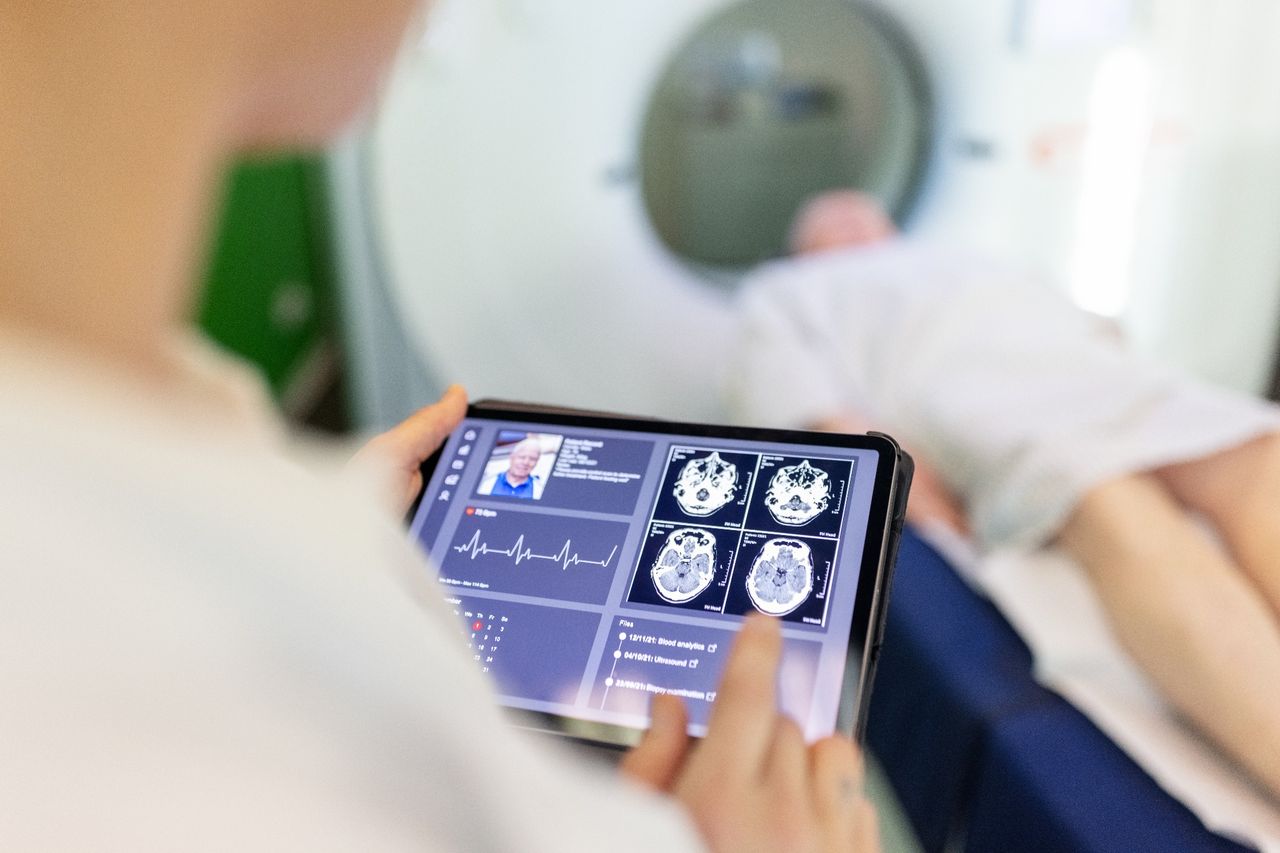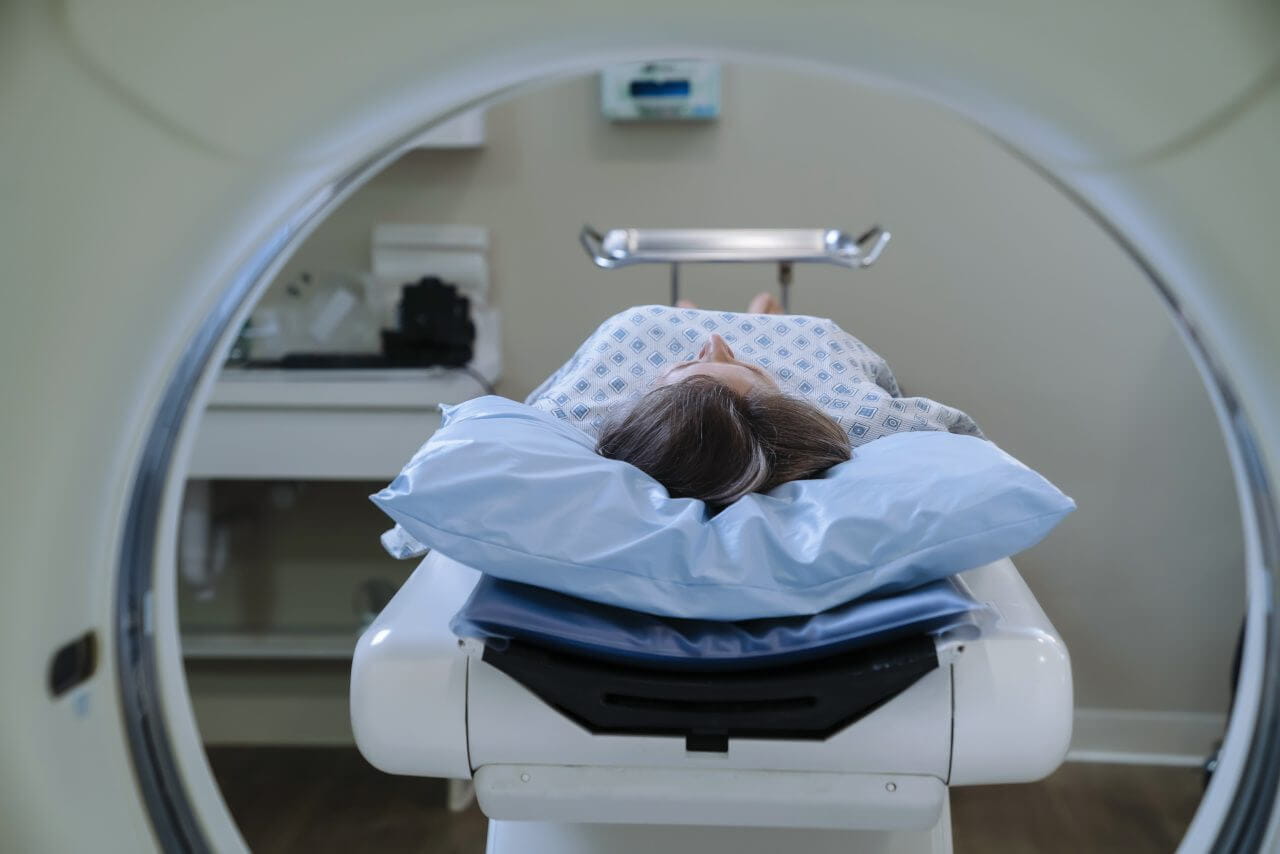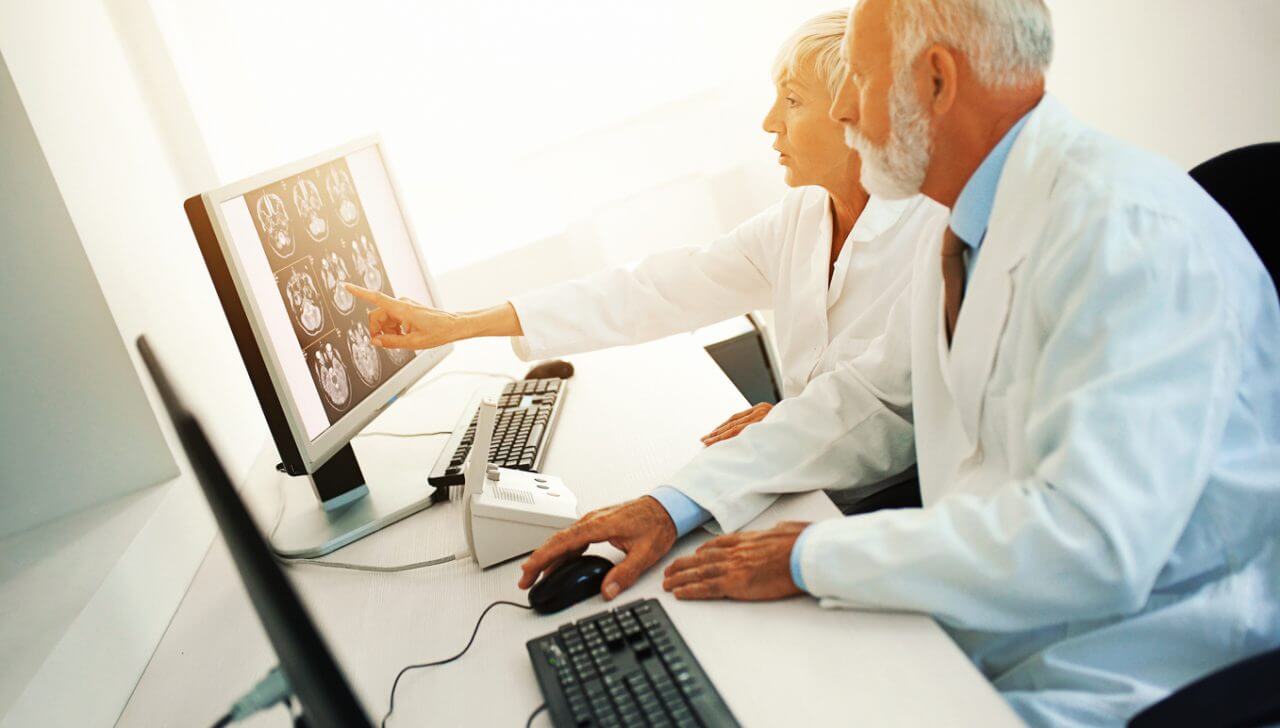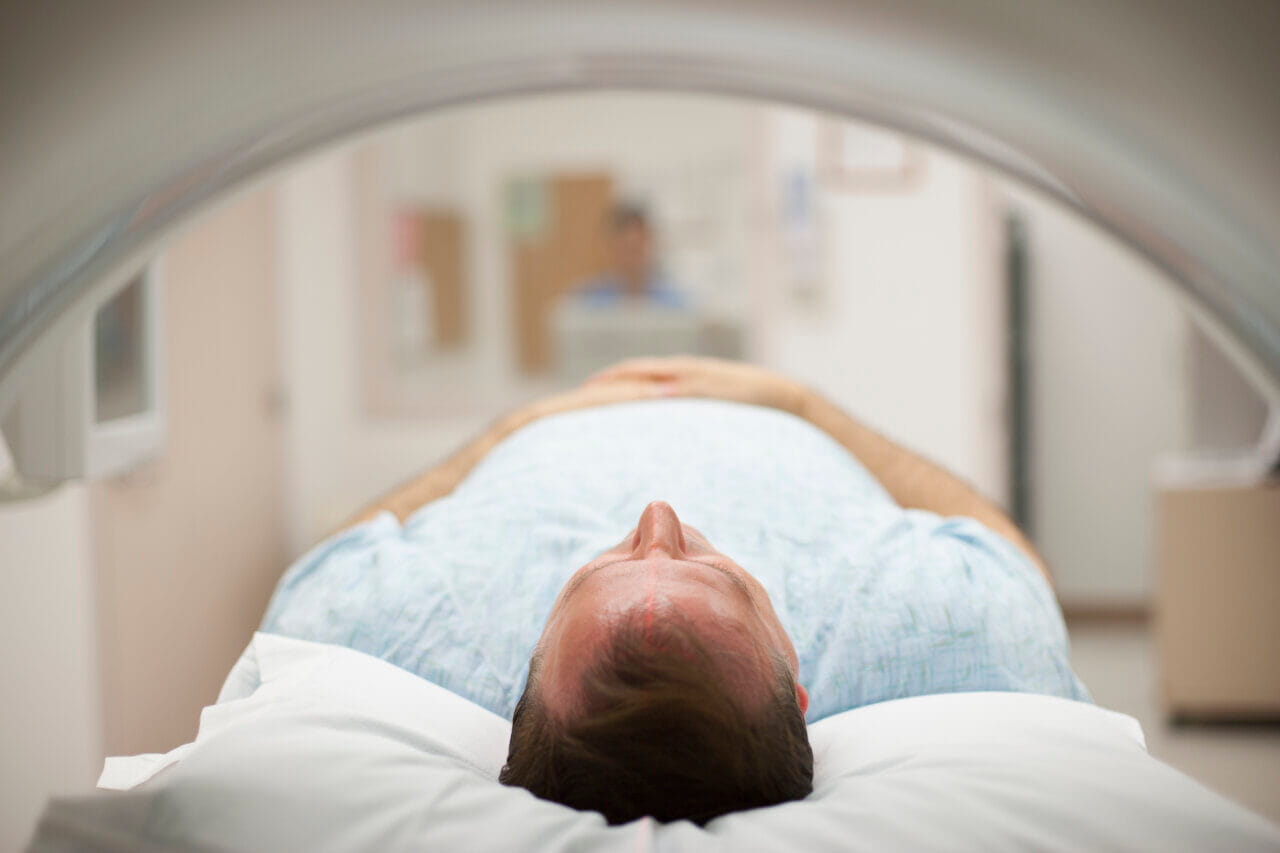Can You Eat Before An MRI?

Magnetic resonance imaging, or MRI, is a diagnostic tool that allows your healthcare team to see detailed images of your organs, soft tissues, and bones. Using a powerful magnetic field and radio waves, this non-invasive procedure enables providers to diagnose a wide range of conditions.
If you have an MRI scheduled, you likely have questions about how to prepare for it. A common question is whether you can eat or drink before the procedure. For many MRI scans, the answer is yes — but there are important exceptions.
The General Rule on Food and MRIs
For most standard MRI exams, you can eat, drink, and take your medications as you normally would. The majority of these procedures do not require any dietary restrictions.
However, the answer changes depending on the specific type of MRI you are having. It’s essential to follow the guidance given by your primary care provider or the imaging center, as proper preparation is key to ensuring the clearest possible images.
5 Scenarios Where You Should Not Eat Before an MRI
While eating is generally permitted, there are five notable situations where you’ll be asked to fast (avoid food and beverages) for a specified period before your scan.
Abdominal or Pelvic Scans
If your MRI is focused on abdominal organs such as the liver, gallbladder, or pancreas, you’ll likely be asked to fast. The digestive process can create movement and gas, which may interfere with image quality.
MRI with Contrast
Some MRIs require an injection of a contrast dye to highlight certain tissues and blood vessels. This dye can occasionally cause nausea as a side effect. Having an empty stomach helps reduce the risk of feeling sick or vomiting during the procedure.
Gastrointestinal Imaging
For scans intended to investigate specific gastrointestinal conditions, having an empty digestive tract is crucial. Food and liquids can obstruct the view of internal organs and lead to incomplete or inaccurate results.
Patients Prone to Nausea
If you have a condition such as gastroesophageal reflux disease (GERD) or irritable bowel syndrome (IBS), your provider may recommend fasting. The stress of the procedure, combined with a full stomach, could heighten your discomfort.
MRI with Sedation
Patients who experience severe anxiety or claustrophobia may be given a sedative to help them relax and stay still during the scan. Fasting is a critical safety measure in these cases to prevent aspiration — which occurs when food or liquid is inhaled into the lungs — should you become nauseated from the medication.
Why Proper MRI Preparation Matters
Following the specific preparation instructions from your provider is the most important step you can take to ensure a successful MRI. Fasting when required helps achieve the highest-quality diagnostic images.
Clear images allow for:
- Accurate diagnosis
- Effective treatment planning
- Fewer repeat scans
As noted above, fasting also minimizes potential complications, such as nausea from contrast dye or risks associated with sedation.
Always confirm the specific requirements for your scan with your care team and the imaging facility in advance. Your health and safety are the top priorities, and clear communication helps ensure your MRI procedure is smooth and effective.
Call 1.877.686.1161 to schedule your test, or visit our provider directory to find a Baptist Health radiologist.
Next Steps and Helpful Resources
Learn More About Imaging/Diagnostics
Find an Imaging/Diagnostics Location
MRI vs. fMRI: What Are the Differences?
MRI vs MRA: What’s the Difference?



